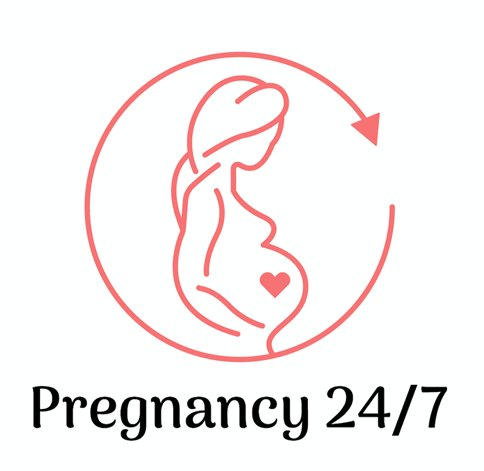Pregnancy 24/7 Study
We have reached out recruitment goal of 125 participants! We are no longer enrolling participants.
Description
Pregnancy 24/7 is a 5-year observational cohort study funded by the National Institutes of Health. In this study, we examined 24-hour behavioral patterns (sedentary behavior, sleep, and physical activity) in each trimester of pregnancy. We assessed whether these behavioral patterns are related to hypertensive disorders of pregnancy and other pregnancy complications. The goal of this work is to identify optimal behavioral patterns during pregnancy to reduce women's risk of pregnancy complications and to improve future health outcomes for the mother and baby.
Details
The purpose of this study was to measure patterns of movement and health in women who are pregnant. We recruited a total of 125 women to take part in this study. Participants must have been in their first trimester and between 18-45 years old.
Participants had one in-person visit and two virtual visits (three study visits total), one each trimester of pregnancy.

Ancillary Partner Study: We conducted an ancillary study that is examining the relationship between your and your partner's movement pattern during pregnancy.
Selected Publications
Whitaker KM, Jones MA, Smith K, Catov J, Feghali M, Kline CE, Santillan M, Santillan D, Zimmerman B, Gibbs BB. Study Design and Protocol of the Multisite Pregnancy 24/7 Cohort Study. American journal of epidemiology. 2024 Mar;193(3):415-25.
Gallagher JB, Boonstra DE, Borrowman JD, Unke M, Jones MA, Kline CE, Gibbs BB, Whitaker KM. Comparing Multiple Approaches to Estimate Physical Activity, Sedentary Behavior, and Sleep in Pregnancy. Journal for the measurement of physical behaviour. 2024 Nov 19;7(1).
Gibbs, B. B., Jones, M. A., Jakicic, J. M., Jeyabalan, A., Whitaker, K. M., & Catov, J. M. (2021). Objectively measured sedentary behavior and physical activity across 3 trimesters of pregnancy: the monitoring movement and health study. Journal of Physical Activity and Health, 18(3), 254-261.
Jones, M. A., Diesel, S. J., Gibbs, B. B., & Whitaker, K. M. (2022). Concurrent agreement between ActiGraph and activPAL for measuring physical activity in pregnant women and office workers. Journal for the measurement of physical behaviour, 5(2), 69-75.
Whitaker, K. M., Zhang, D., Kline, C. E., Catov, J., & Gibbs, B. B. (2021). Associations of sleep with sedentary behavior and physical activity patterns across pregnancy trimesters. Women's Health Issues, 31(4), 366-375.
